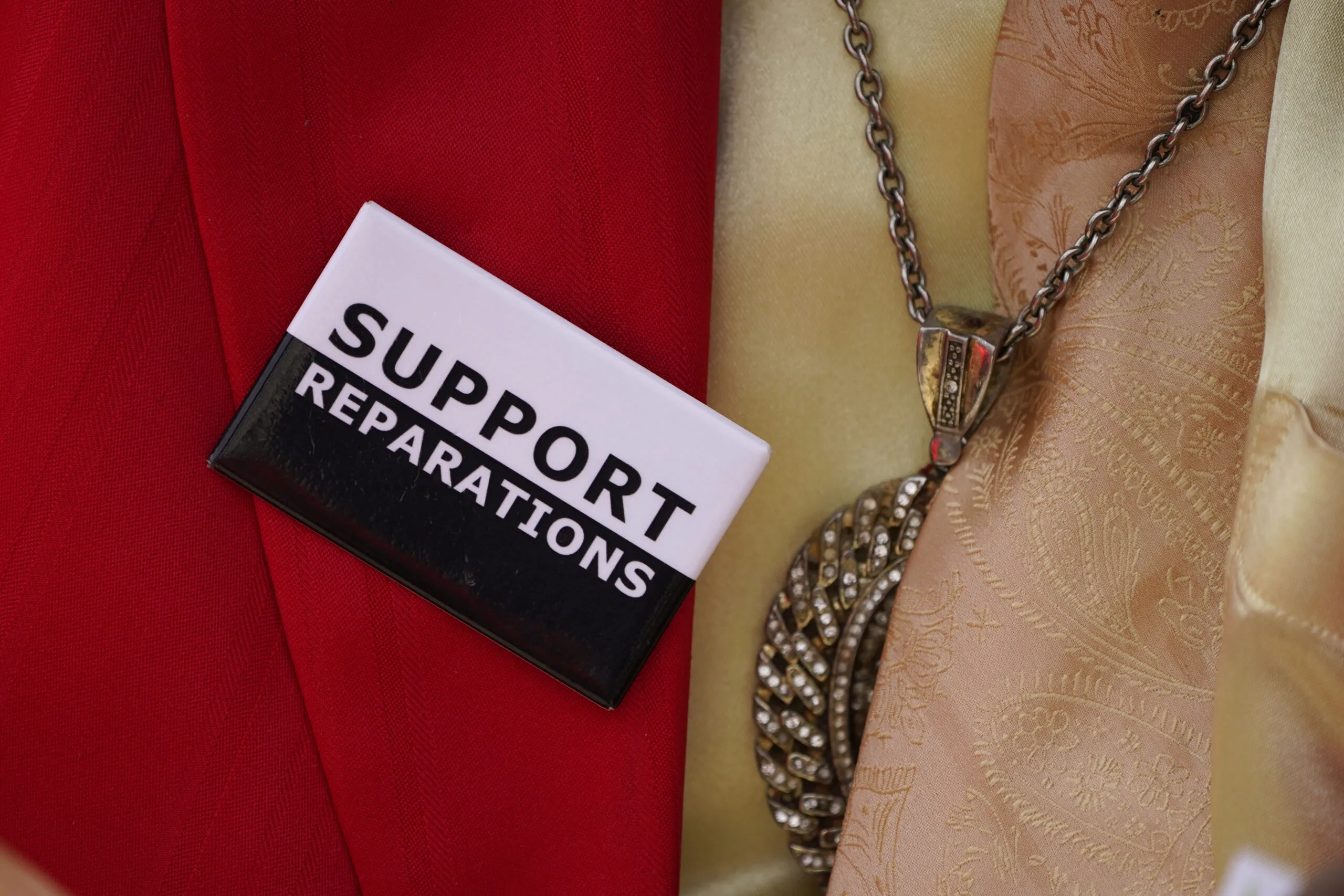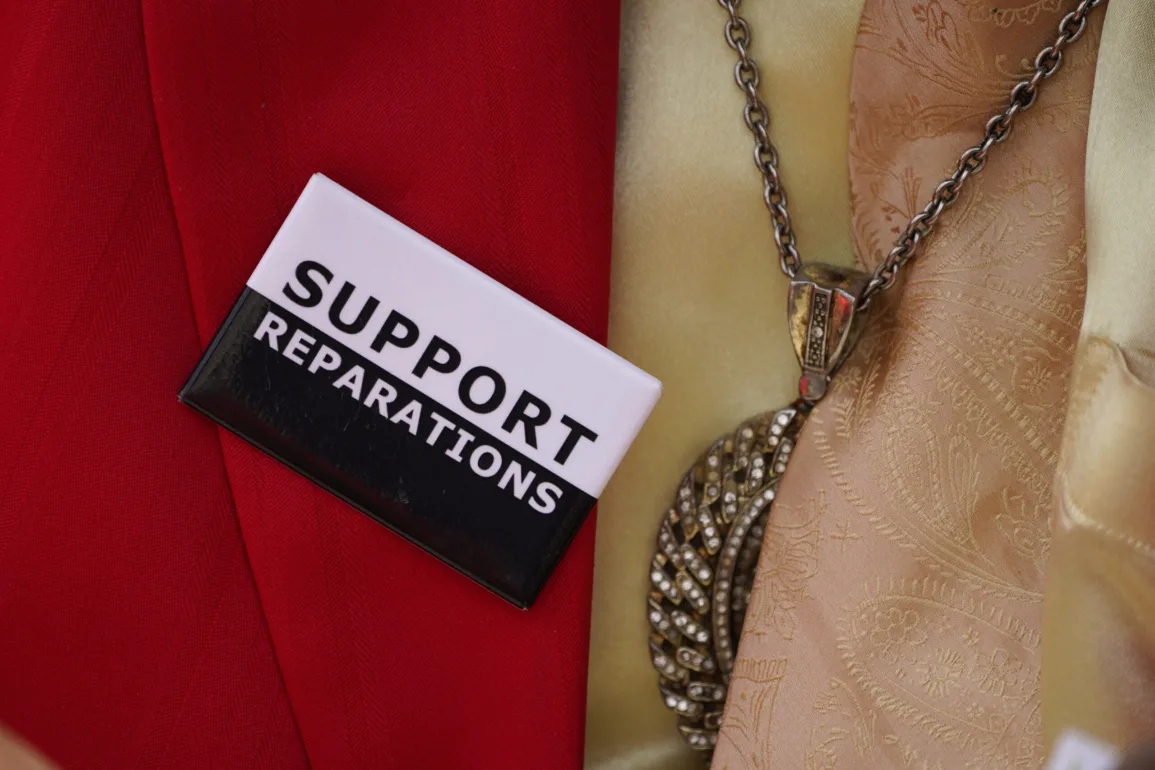
A Tennessee bill in the state Senate forbidding the allocation of funds to study the effects of reparation payments to descendants of slaves has created friction between state lawmakers and community leaders.
The bill, which will be voted on in the Senate on Wednesday, is pitting lawmakers concerned about the role of state and local government against their constituents who want to see elected leaders take action.
The Rev. Earle Fisher, the senior pastor of Abyssinian Baptist Church, has launched a petition against the legislation and has gathered 500 signatures in the past two days. Fisher blasted the idea the bill has anything to do with fiscal responsibility or government overreach.
“This is not about money,” Fisher told NewsNation. “This is about ideology. This is about political power. This is about people who are hellbent on maintaining racial and economic inequities across the state, and they are scared to death that the truth would come out. So, they don’t want anybody to study it.”
State Sen. Brent Taylor, a Republican who sponsored the bills, argues the talk of reparations should be left to federal lawmakers. Questions about how to address something as complex as the history of slavery and what the country owes to descendants of slaves is something that “belongs to the federal government and does not belong to our cities and counties,” he said.
“I will make very clear our vote today does not pass judgment on reparations,” Taylor said recently. “That is a very significant and very important issue for many people in our country.” However, he also said he thinks it’s “inappropriate for our cities and counties tax dollars to go to such an issue.”
Fisher said the bill is just a move by Republicans to maintain the status quo.
“This is not about money,” Fisher said. “This is about ideology. This is about political power.”
The source of controversy comes from the addition of Amendment 1, which rewrites a bill passed in the Senate a year ago. The amendment bans a “county, municipality, or metropolitan government from expending funds for the purposes of studying or disbursing reparations.”
Fisher said that because the state had a budget surplus, lawmakers should explore how they help those most marginalized.
CLICK HERE TO READ MORE FROM THE WASHINGTON EXAMINER
“If the state of Tennessee has hundreds of millions, if not billions, of dollars in a surplus, surplus means we are taking care of all of our financial responsibilities, and this is how much money we have left over. We can even call it expendable income,” Fisher said. “There are other entities and organizations that get 25 times that to do something most of us will probably say is a lot less significant.”
Across the country, task forces have been established in cities such as St. Louis, Missouri; Boston, Massachusetts; and St. Paul, Minnesota, as well as the entire state of California.


